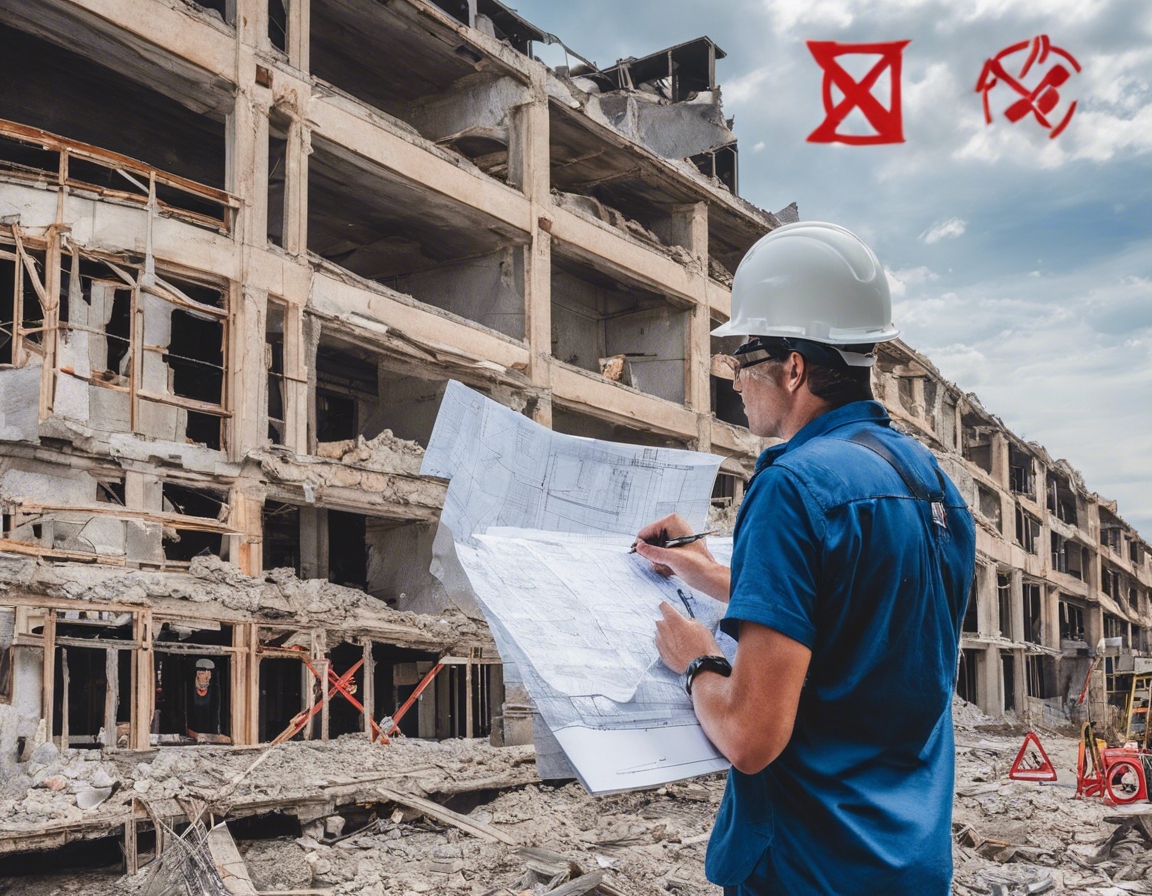The future of demolition: eco-friendly practices
As the world becomes increasingly aware of the environmental impact of construction and demolition, the industry faces a pressing need to adopt more sustainable practices. The demolition sector, traditionally known for its high waste and energy consumption, is now at the forefront of a green revolution. This shift is driven by a combination of environmental concerns, regulatory pressures, and a growing demand for sustainable development.
Eco-friendly demolition is the process of dismantling buildings and structures with a focus on minimizing environmental impact, reducing waste, and maximizing the reuse and recycling of materials. It involves careful planning, the use of green technologies, and adherence to sustainable practices throughout the demolition process.
Emerging Trends in Eco-Friendly Demolition
One of the key trends in sustainable demolition is the shift from traditional demolition to deconstruction. Deconstruction involves the careful disassembly of structures to preserve materials for reuse. This method not only reduces waste but also conserves resources and energy that would otherwise be used to manufacture new materials.
Green demolition techniques include the use of electric-powered equipment, dust suppression systems, and noise reduction strategies. These practices help to mitigate the environmental impact of demolition activities and improve the safety and health conditions for workers and the surrounding community.
The emphasis on material reuse and recycling is a cornerstone of eco-friendly demolition. By salvaging materials such as wood, metal, and concrete, demolition companies can significantly reduce the amount of waste sent to landfills. These materials can be repurposed or recycled, creating a circular economy within the construction industry.
Advancements in technology are playing a pivotal role in transforming demolition practices. Robotics, drones, and advanced machinery are being utilized to increase efficiency, safety, and precision in demolition projects, while also reducing the environmental footprint.
Regulatory Framework and Compliance
International standards such as ISO 14001 provide guidelines for environmental management systems, encouraging demolition companies to adopt eco-friendly practices. Compliance with these standards demonstrates a commitment to sustainability and can enhance a company's reputation in the industry.
Local regulations play a significant role in shaping the adoption of sustainable demolition practices. Companies must navigate a complex landscape of permits, regulations, and guidelines to ensure that their operations are compliant and environmentally responsible.
Benefits of Eco-Friendly Demolition Practices
Eco-friendly demolition practices contribute to the reduction of greenhouse gas emissions, lower energy consumption, and the conservation of natural resources. These practices align with global efforts to combat climate change and promote environmental stewardship.
Adopting sustainable demolition practices can also offer economic advantages. Reduced waste disposal costs, the sale of salvaged materials, and improved efficiency can lead to significant cost savings for demolition companies and their clients.
The social impact of eco-friendly demolition is profound. By reducing the environmental impact of demolition activities, companies can improve public health, create green jobs, and contribute to the overall well-being of communities.
Challenges and Considerations
While the benefits of eco-friendly demolition are clear, the industry faces challenges in implementing these practices. These include the initial investment in green technologies, the need for specialized training, and the perception of sustainable demolition as a costly alternative to traditional methods.
Understanding the cost implications and return on investment (ROI) is crucial for companies considering the transition to eco-friendly demolition. While upfront costs may be higher, the long-term savings and potential for new business opportunities can make sustainable practices a wise investment.
Education and training are essential to equip the demolition workforce with the skills and knowledge required for eco-friendly practices. Ongoing training ensures that workers are proficient in the latest techniques and technologies, fostering a culture of sustainability within the industry.






Comments (0)